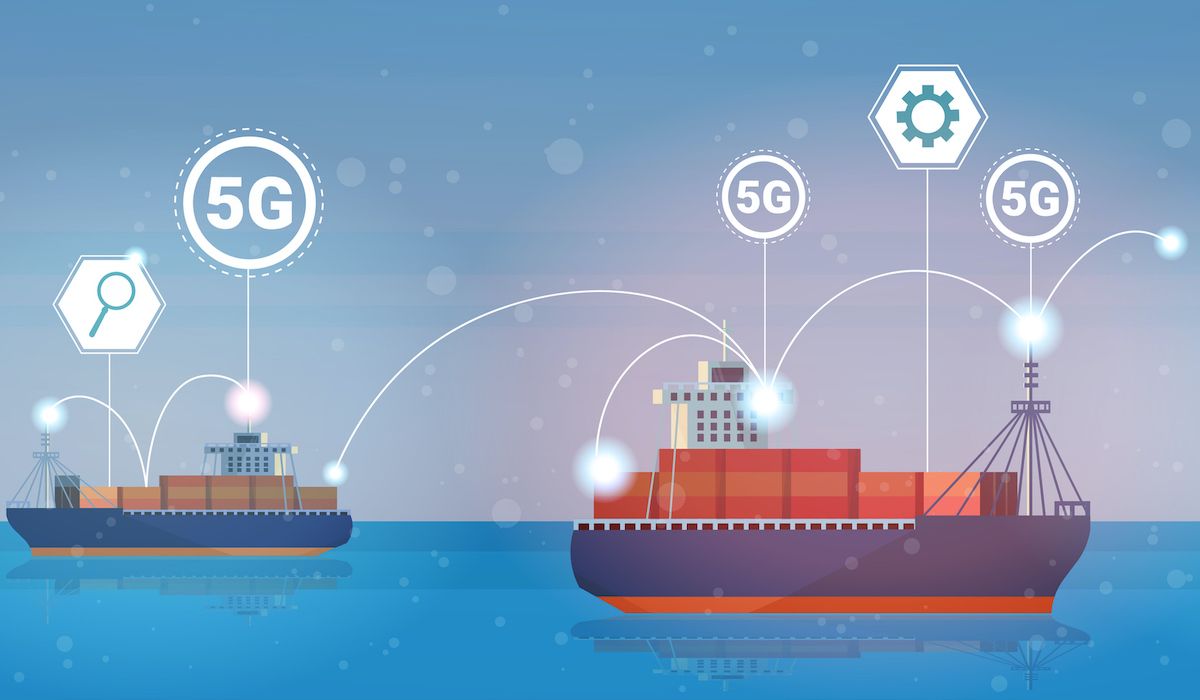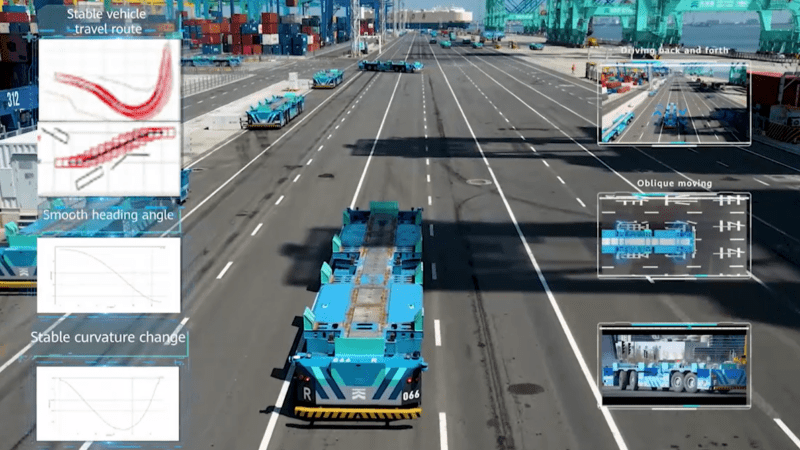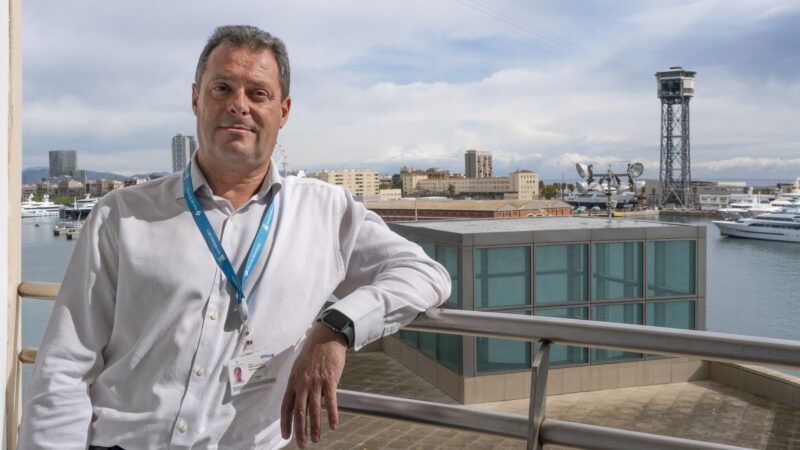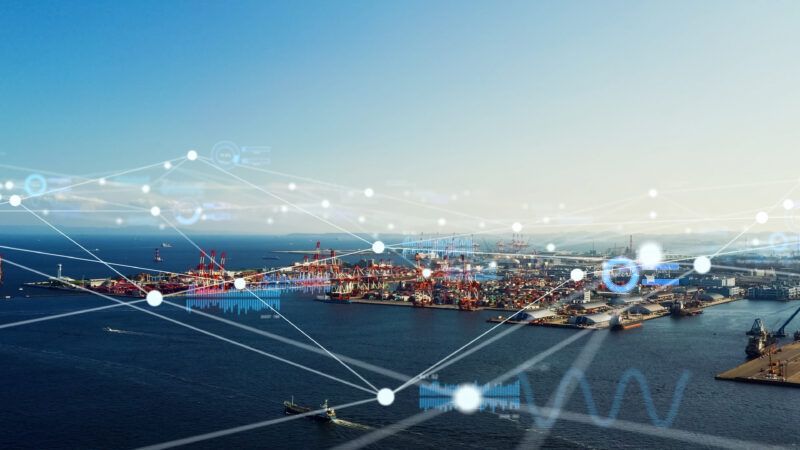5G technology makes possible what previously could only be seen in the cinema. For example, to carry out tele-assisted surgical interventions, deploy fleets of autonomous vehicles or manage agricultural work using sensors installed at different points in a field.
In relation to logistics, this new connectivity will improve traceability and communications between production centers, customers and distribution, and will offer greater flexibility and real time information in the selection of optimal routes.
Uses of 5G in the port environment
The sector has already identified a series of needs which can be solved with 5G, such as the development of more reliable shipping routes or establishing a real time control system in the premises covering a wider range.
“5G will allow manifold applications in ports. HPA sees use cases like traffic management, Augmented Reality or drone operation on its bridges, waterways, roads and railways. There is a high potential to make business models more efficient by implementing 5G-enabled technologies in ports and there will be diverse requirements by new services and use cases for mobile application. Digitalization and disruptive business models are key to a port's success in the future, as current existing technology like 4G or wifi can’t support these new requirements,” says Hendrik Roreger, head of Business Applications at the Hamburg Port Authority.
Between January 2018 and June 2019, the Hamburg Port Authority, Deutsche Telekom and Nokia tested new functions of the 5G standard with different applications. The focus of the project was centered on the concept that there will not be a "one-size-fits-all network" but rather multiple virtual networks running simultaneously on the same common infrastructure. The German port became a test bed that is part of the 5G-MoNArch project, funded by the European Union (EU).
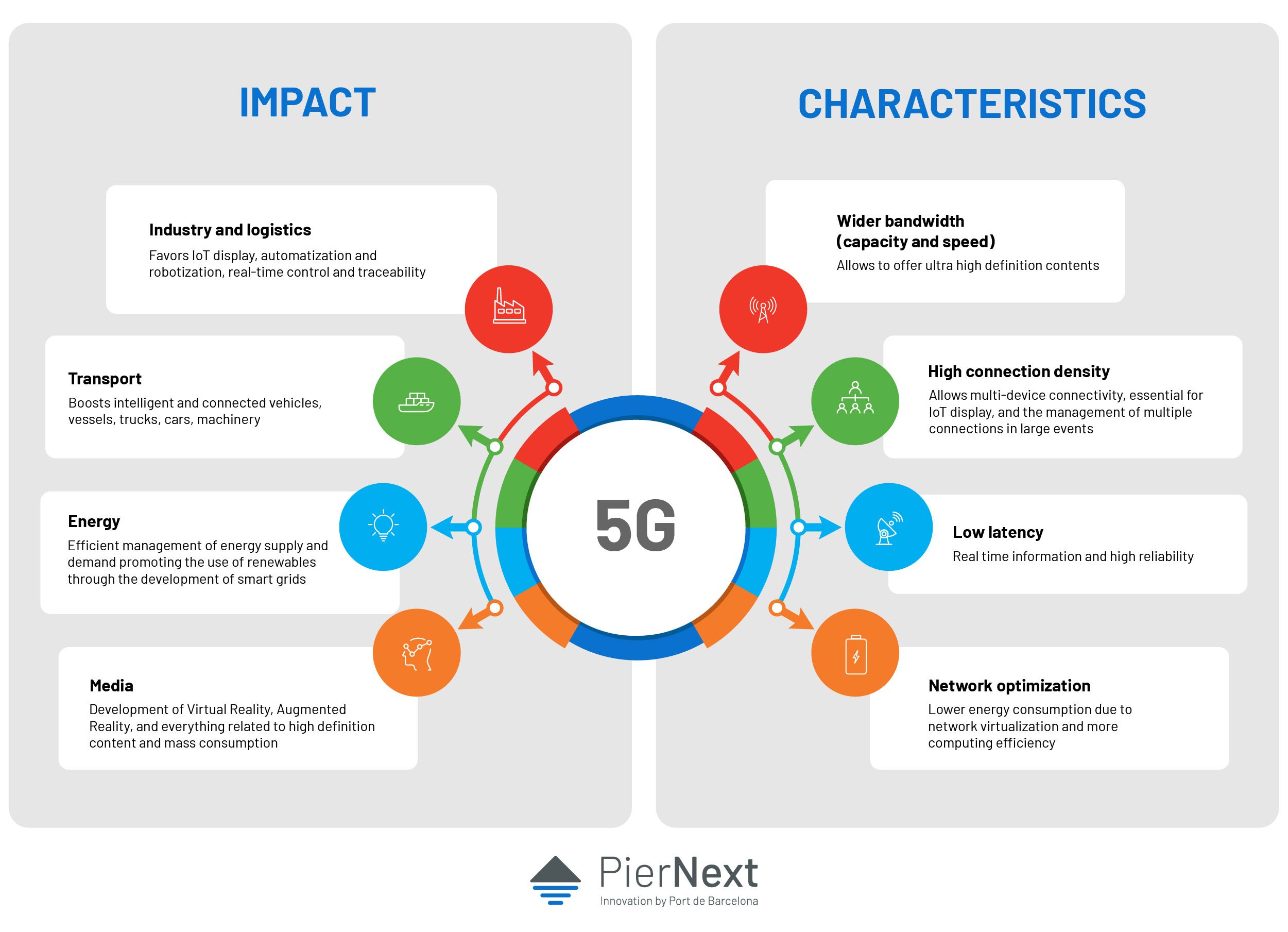
“5G features like dual connectivity makes a safe and reliable integration possible, without any need to build physical connection. New use cases like drone operation or Intelligent Transport Systems (ITS) will be possible, like swimming drones which will be able to transfer and process raw data of the echo-sound-data in real time,” he adds.
To exploit its full potential, he recommends having a dense 5G infrastructure, as it requires higher frequencies than 4G. “It will take some time until every new aspect of 5G is ready for production. Ports should set up prototypes today to be ready when 5G is,” he concludes.
In Italy, the collaboration between the Port of Livorno, Ericsson and the National Inter-University Consortium for Telecommunications was chosen by the EU as one of the five Corealis laboratories to define the characteristics of the port of the future.
Among the pilot tests that are being carried out, the automated remote control of unmanned land vehicles for loading and unloading operations stands out, which seeks to increase the security of port personnel.
“The digital agenda implemented at the Port of Livorno is pioneering these new capabilities. Thanks to 5G, ports can accelerate innovation in a series of services like mass arrival of cruise passengers or providing assistance to the disabled,” Paolo Pagano, director of Port of Livorno JLab explains.
Pagano highlights the importance of achieving “full coverage” in the shape of Public-Private Networks and the implication of all industries undertaking an Industry 4.0 approach.
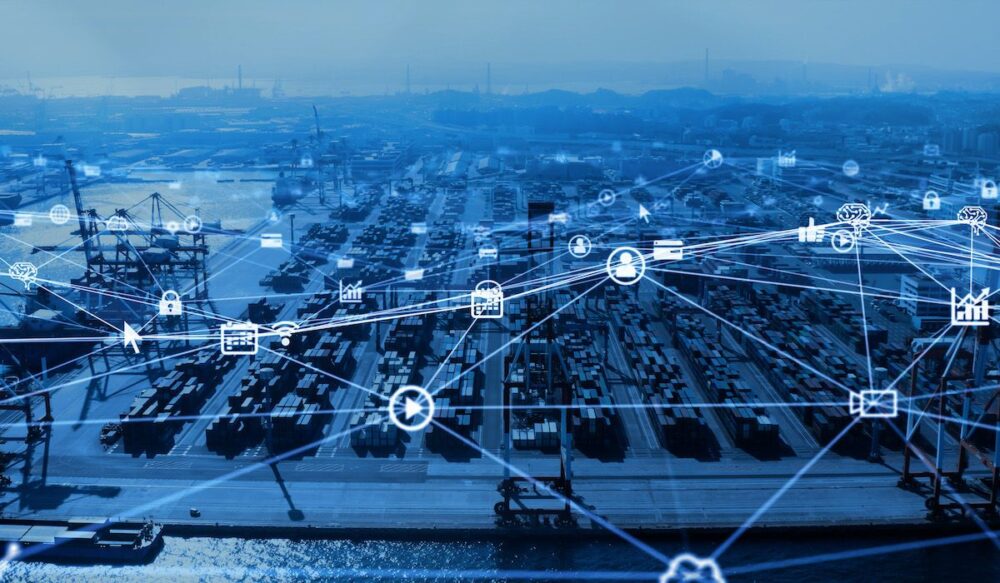 The public-private initiative 5G Barcelona works to transform the metropolitan area of the Catalan capital into an open laboratory to validate and adopt related technologies and applications. (Gettyimages)
The public-private initiative 5G Barcelona works to transform the metropolitan area of the Catalan capital into an open laboratory to validate and adopt related technologies and applications. (Gettyimages)
 The public-private initiative 5G Barcelona works to transform the metropolitan area of the Catalan capital into an open laboratory to validate and adopt related technologies and applications. (Gettyimages)
The public-private initiative 5G Barcelona works to transform the metropolitan area of the Catalan capital into an open laboratory to validate and adopt related technologies and applications. (Gettyimages)




